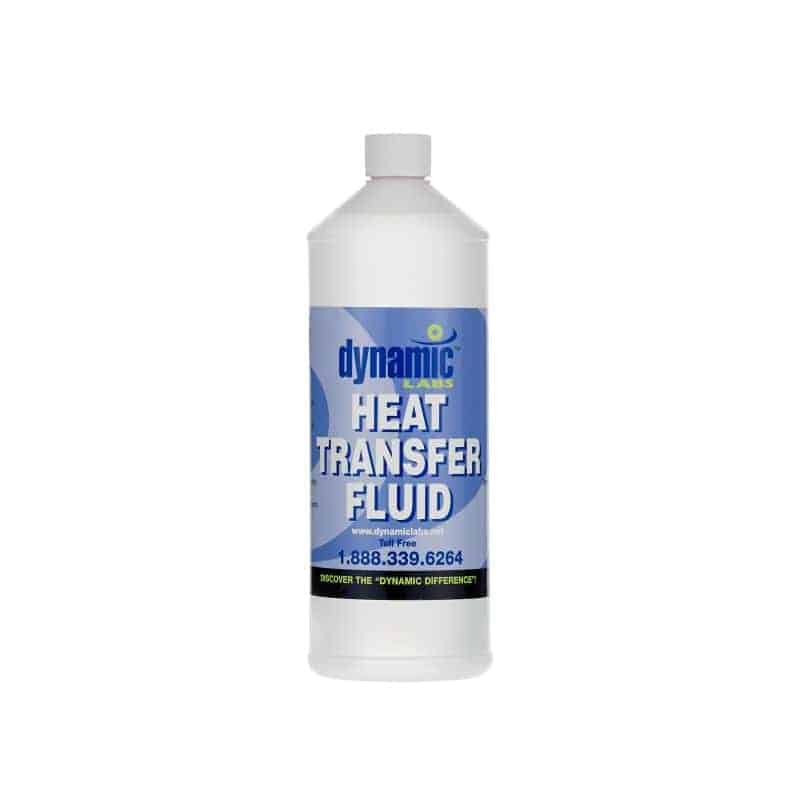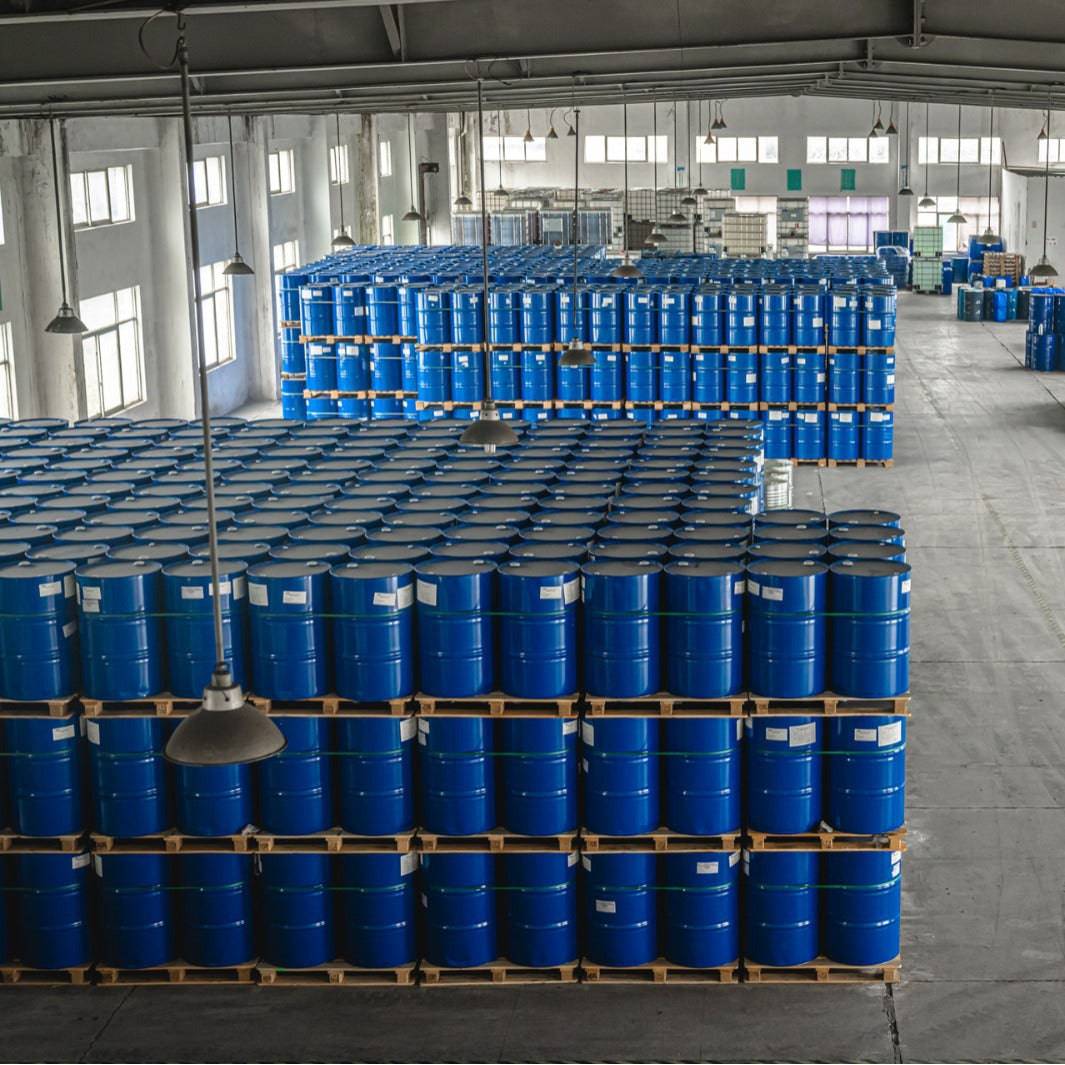Top Perks of Using Silicone Oil as a Heat Transfer Fluid in Sophisticated Machinery
Top Perks of Using Silicone Oil as a Heat Transfer Fluid in Sophisticated Machinery
Blog Article
Maximize Your System's Life-span With the Right Heat Transfer Fluid
Selecting the ideal heat transfer fluid is crucial for enhancing system performance and durability. The ideal liquid not just improves thermal effectiveness but also alleviates possible wear and tear on vital elements such as pumps and warmth exchangers - propylene glycol. Recognizing the numerous types of heat transfer fluids and the particular demands of your application can substantially affect the total health of your system. Several overlook key factors that could make a substantial difference. What considerations might you be missing that could ultimately impact your system's efficiency?
Value of Heat Transfer Fluids

Additionally, warmth transfer fluids add to the security and dependability of thermal systems. Additionally, the right heat transfer fluid can offer protection against corrosion and scaling, further extending the life-span of equipment and framework.
Kinds Of Heat Transfer Fluids
Various kinds of warmth transfer liquids are frequently used in industrial applications, each tailored to specific functional needs and temperature level varieties. The most prevalent groups consist of water, oils, and specialized artificial fluids.
Water is commonly utilized due to its excellent thermal conductivity and schedule; nevertheless, its restrictions occur at high temperatures and possible cold conditions. For greater temperature applications, thermal oils, such as mineral oils or natural substances, are used. These oils provide premium thermal stability and can operate properly at raised temperatures, making them ideal for processes like food processing and petrochemical manufacturing.
Synthetic liquids, which can be either organic or not natural, are designed to satisfy particular performance standards. They typically exhibit boosted properties such as reduced toxicity, vast temperature arrays, and resistance to oxidation. Examples consist of esters and glycols, which are perfect for specialized applications like solar thermal systems and warmth exchangers.
Furthermore, refrigerants are made use of in cooling systems, leveraging their stage adjustment residential properties to absorb and launch warm efficiently. Each type of warmth transfer fluid is and provides distinctive advantages chosen based upon the particular requirements of the application, ensuring ideal efficiency and system longevity.
Elements to Take Into Consideration When Choosing
Selecting the proper warmth transfer fluid includes mindful factor to consider of a number of aspects to ensure ideal efficiency and system performance. One of the main factors is the temperature array needed for the system. Fluids vary in their thermal security and can decompose or lose effectiveness outside details temperature limitations.
Another important factor to consider is the fluid's viscosity, as it affects pump efficiency and power intake. A liquid that is as well viscous may hinder circulation and boost operational prices. In addition, the liquid's certain warm capability plays an important role in determining how properly it can move warm.
Chemical compatibility with system materials is additionally vital to protect against deterioration, deterioration, or leaks - thermal oil. Ensuring that the picked fluid works with the building and construction materials can prolong the life-span of the system

Benefits of Correct Fluid Choice
Correct selection of a warm transfer liquid returns significant advantages for system performance and reliability. The best fluid boosts thermal conductivity, ensuring optimal warm transfer prices within the system. This efficiency reduces power intake, leading to lower operational expenses and a lowered environmental footprint.
Furthermore, ideal fluid choice contributes to system longevity by stopping deterioration and deterioration of elements. Liquids formulated with corrosion inhibitors secure steel surface areas, thereby extending the life expectancy of pumps, pipes, and warm exchangers. Furthermore, picking a liquid with ideal thickness makes certain effective circulation, which is crucial for keeping regular temperature level circulation throughout the system.
An additional crucial benefit is the fluid's thermal stability. A secure warmth transfer liquid can operate over a broad temperature array without damaging down or losing efficiency, which is important for systems exposed to fluctuating thermal problems. The right liquid can likewise reduce threats associated to freezing or boiling, therefore stopping operational disturbances.
Upkeep Tips for Longevity
Making certain the long life of a warm transfer system calls for thorough maintenance techniques that complement the advantages of proper liquid choice. Regular assessments are important to recognize prospective leaks, deterioration, or sediment accumulation that might compromise system performance. Establish a regular schedule to examine pipe honesty, connections, and installations, as these locations are typically susceptible to damage.

Checking liquid degrees and top quality is just as crucial. Frequently look for signs of contamination, such as discoloration or particulate matter, which can suggest deterioration of the warm transfer liquid. Carrying out routine liquid evaluation can supply understandings right into its get redirected here chemical buildings, permitting prompt substitutes when essential.
In addition, keeping optimum operating temperature levels is crucial. Motivate the use of temperature controls and sensing units to prevent overheating, which can speed up fluid degradation and damages system parts.
Finally, always comply with the manufacturer's standards pertaining to liquid replacement intervals and upkeep procedures. By committing to these ideal methods, you can considerably enhance the functional lifespan of your warmth transfer system, making sure reputable performance and minimizing the requirement for pricey repair services or premature substitutes.
Final Thought
Finally, the option of a suitable heat transfer liquid is essential for boosting system performance and durability. By recognizing the different kinds of liquids and considering vital elements such as thermal conductivity and deterioration resistance, ideal performance can be accomplished. Additionally, normal upkeep and inspections play a vital function in sustaining operating conditions. Focusing click here to read on these aspects makes certain the extended life-span of vital components, eventually adding to a more trusted and efficient system.
Heat transfer fluids play a critical role in different commercial and business applications by facilitating the efficient transfer of warm in between surface areas.In addition, heat transfer fluids contribute to the security and dependability of thermal systems. Furthermore, the liquid's details warmth capacity plays a vital role in identifying exactly how successfully it can move warmth.
The appropriate liquid boosts thermal conductivity, making certain optimum warmth transfer prices within the system. A secure warmth transfer liquid can run over a large temperature level variety without breaking down or losing effectiveness, which is important for systems exposed to discover this rising and fall thermal problems.
Report this page